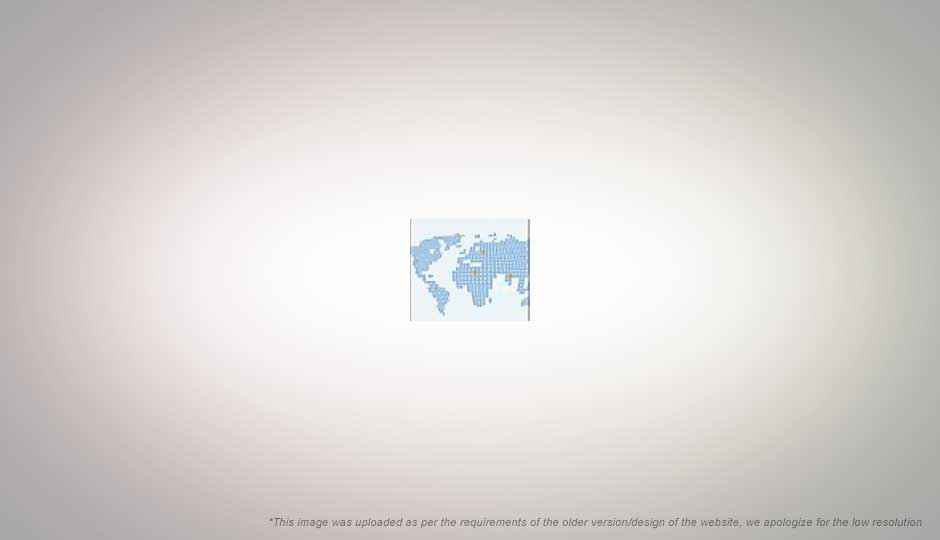Yahoo uses Facebook to test six degrees of separation theory

How many people separate you from, well, me for example? Yahoo Research is testing whether the theory about six degrees of separation—that any two people can be shown to be connected through friends in six links or fewer—is true. And if you have a Facebook account, you can participate in the project, called the Small World Experiment.
The Small World Experiment is designed to test whether anyone in the world can get a message to anyone else, randomly selected from a pool of Facebook users who agree to make themselves a “target,” in six steps by passing it from friend to friend. Sociologists have long pondered whether the theory has any teeth, but there’s never been any solid evidence to support or disprove the idea.
[RELATED_ARTICLE]
The experiment, which is open to anyone with a Facebook account (pending your agreement that Yahoo’s app can access certain information about you), starts with becoming a “sender,” or person at one end of the chain. You’re then given a “target” or person you must try to reach in six steps or less. The volunteer target also provides some personal information, such as work history, schools attended, age, current city of residence, and spouse’s name.
After perusing the fact sheet, senders must choose only one of their Facebook friends to start the chain. An email is sent to the person in question, and if they choose to participate, they’ll follow the same procedure.
Through questionnaires, the researchers at Yahoo are collecting information about who participates in the chain. Additionally, if you opt to become a target (which anyone can do completing one sender transaction), you’re asked to fill out an additional questionnaire, which will become your profile sheet for the sender who receives you as a target. (One note: I had better luck signing up and participating in Firefox than Chrome.)
The study is led by principal research scientist at Yahoo Research, Duncan Watts, who was inspired by a 1967 experiment by Stanley Milgram at Harvard.
Copyright © 2010 Ziff Davis Publishing Holdings Inc.


